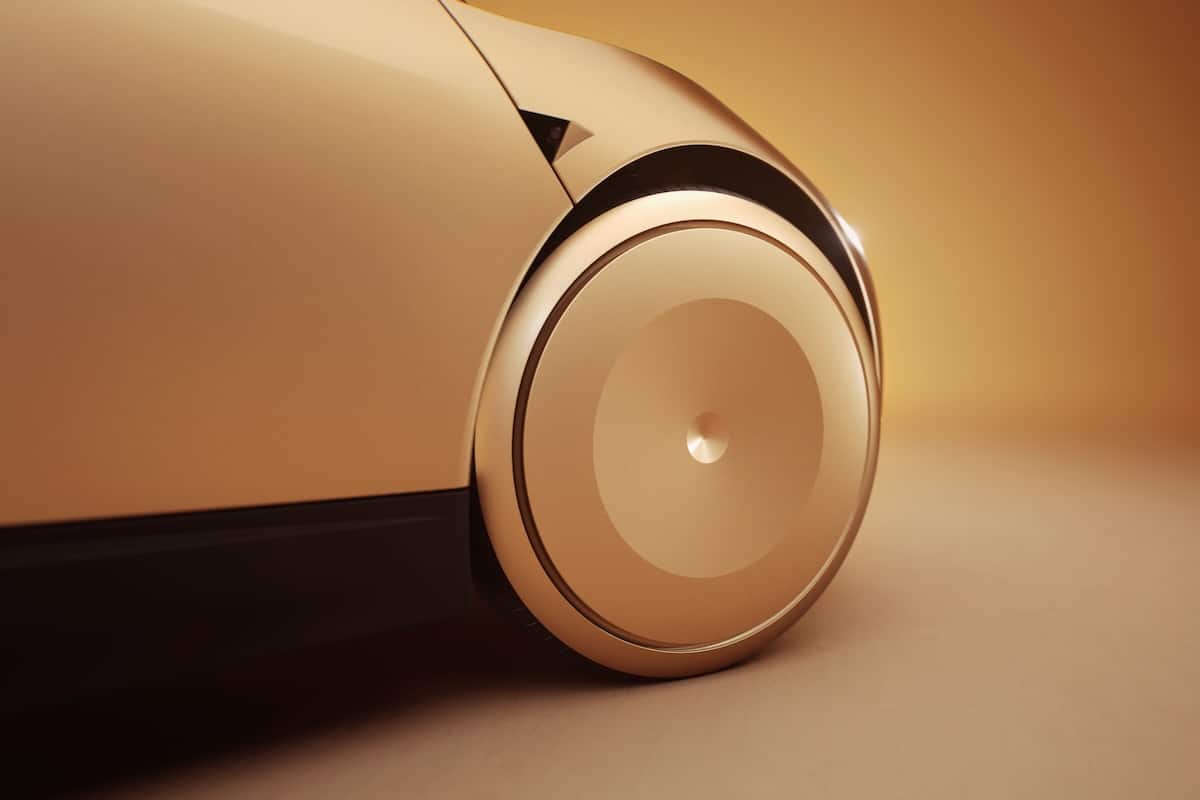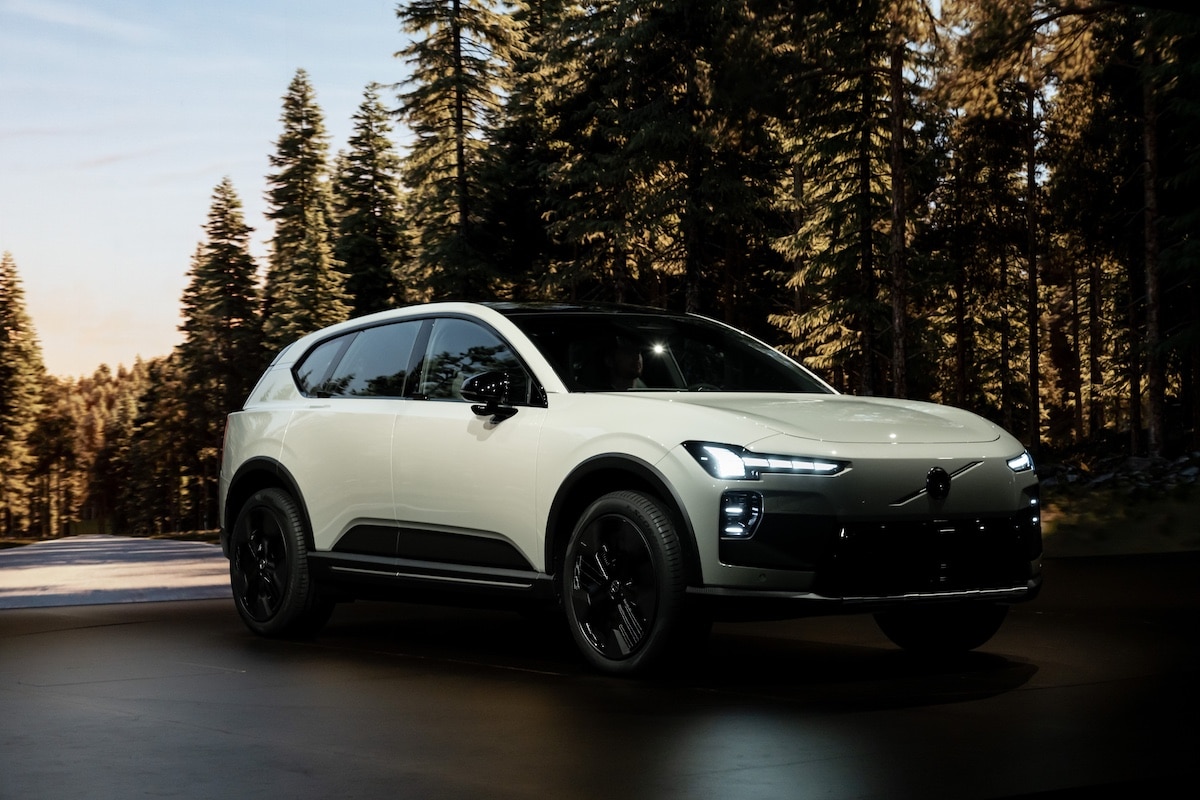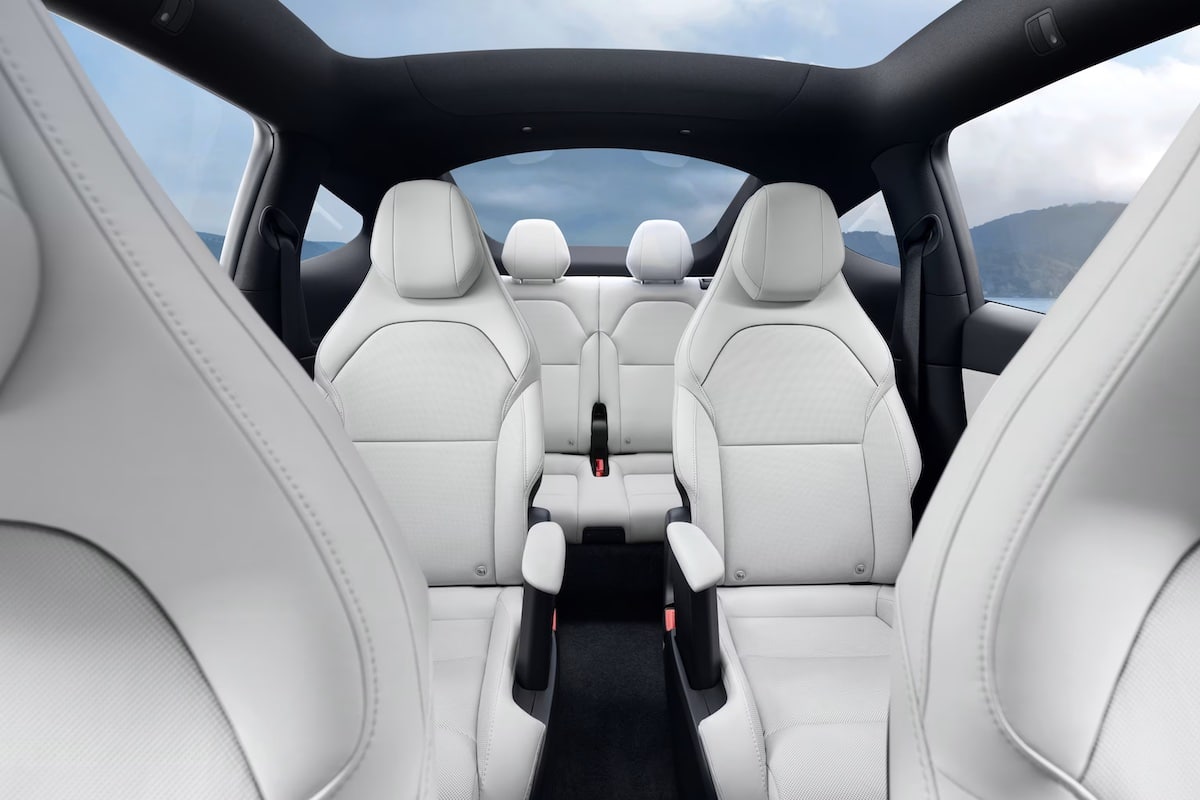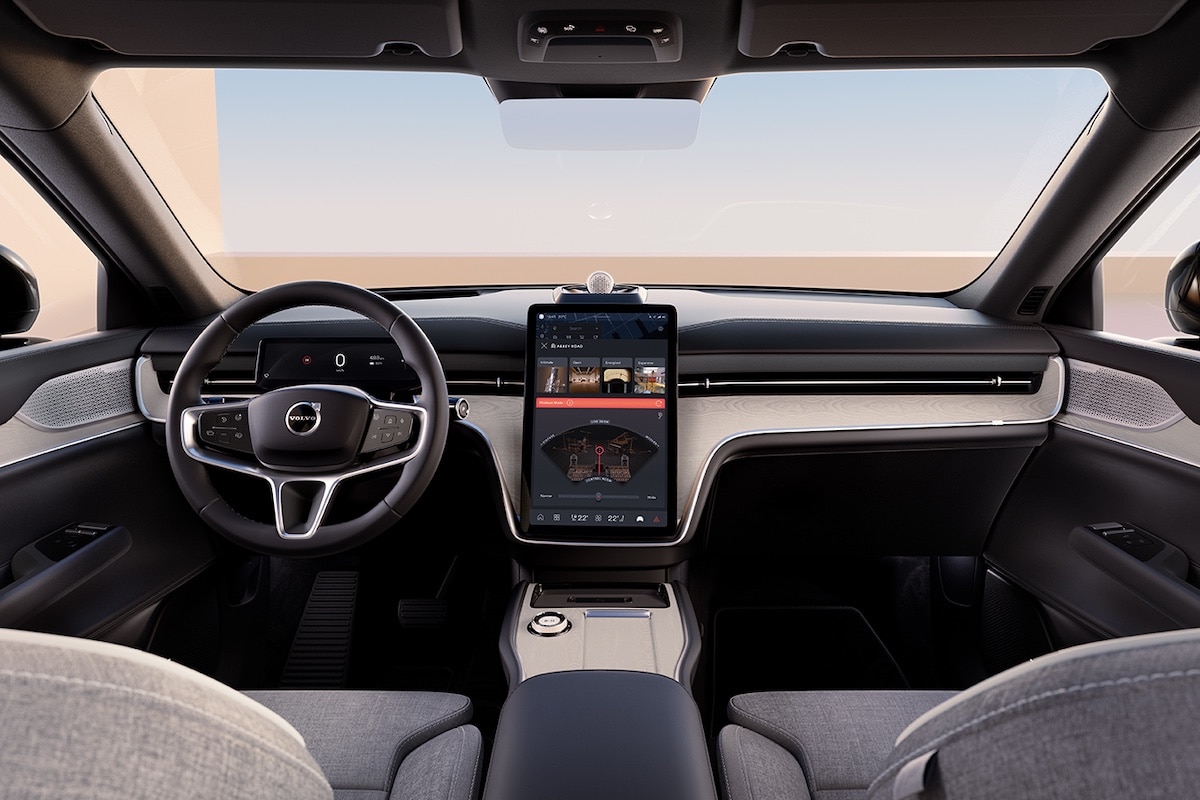Tesla: Soon Dynamic Pressure Tires for the Highway

Tesla and the manufacturer Continental have unveiled a tire capable of adjusting its pressure according to conditions to reduce consumption.
Remember its name: the CARE tire, which stands for Connected, Autonomous, Reliable, Electrified, aims to be a revolution developed by Continental for Tesla. A revolution that seeks to reduce energy consumption, but also maintenance when used on new autonomous vehicles like the Tesla Cybercab.
These Continental CARE tires can adjust their pressure to respond to road, load, and climate conditions, thanks to integrated mini air pumps. This intelligent adjustment system optimizes energy performance, a crucial issue in a context where efficiency is at the heart of sustainable mobility challenges.
The impact of tire pressure on energy consumption
According to studies, under-inflated tires increase energy consumption by 0.3 to 0.5 liters of fuel per 100 km, representing an overconsumption of 3 to 5%. For an electric car, whose energy efficiency is even better, 0.3 to 0.5 liters of gasoline corresponds to 2.67 to 4.45 kWh of energy. For a car that would consume 18 kWh/100 km on the highway, the gain is enormous: 24 km gained for every 100 km! On a full charge, from 100% to 0%, the gain would be about 110 km!
This reduction in rolling resistance, by dynamically adjusting tire pressure, therefore presents a gigantic interest. Especially since Continental is even more optimistic about its CARE tires: by further increasing the internal pressure to reduce the footprint, energy savings could reach 10%.

An intelligent adjustment based on load
The load of a vehicle directly influences tire pressure and, consequently, energy consumption. With multiple passengers, heavy luggage, or a bulky load, insufficient pressure causes increased deformation of the tires, raising their rolling resistance. The CARE tires address this issue by automatically adjusting the pressure to compensate for the load effect. This ensures better energy efficiency and even tire wear, thus extending their lifespan.
Climatic variations also affect tire pressure:
- In cold weather, air contracts, reducing tire pressure. This can increase energy consumption and hinder grip.
- In hot weather, air expands, which can lead to overpressure and irregular tire wear.
- In the rain, inadequate pressure reduces the ability to expel water, increasing the risk of hydroplaning.
Thanks to their smart sensors and micro pumps, the Continental CARE tires automatically regulate pressure to ensure optimal performance, even under extreme weather conditions.
Large-scale optimization for fleets
For fleets of robotaxis or electric vehicles, like Tesla has in mind with its Cybercab, energy efficiency is a major lever for reducing operational costs. By ensuring optimal pressure at all times, the CARE tires allow for reduced maintenance costs (less premature tire wear) and better vehicle autonomy, increasing their availability on the roads, as a slow puncture can be compensated while a technician comes to change the wheel.
The question of price remains, which may scare everyone in the early stages. It will be necessary to be educational to explain that the purchase price will later be offset by reduced energy consumption and the extended lifespan of the tire.
ALSO READ: XPENG G9: a lease at €670/month without down payment
This page is translated from the original post "Tesla : bientôt des pneus à la pression dynamique pour l’autoroute" in French.
We also suggestthese articles:
Also read





